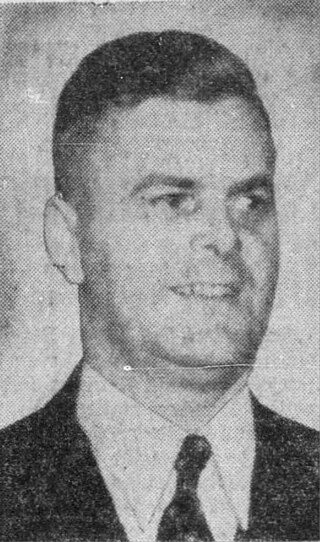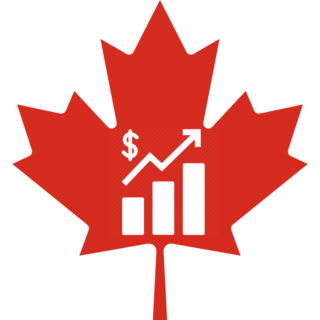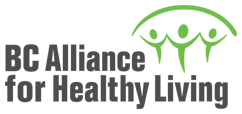
British Columbia is the westernmost province of Canada. Situated in the Pacific Northwest between the Pacific Ocean and the Rocky Mountains, the province has a diverse geography, with rugged landscapes that include rocky coastlines, sandy beaches, forests, lakes, mountains, inland deserts and grassy plains. British Columbia borders the province of Alberta to the east; the territories of Yukon and Northwest Territories to the north; the U.S. states of Washington, Idaho and Montana to the south, and Alaska to the northwest. With an estimated population of over 5.6 million as of 2024, it is Canada's third-most populous province. The capital of British Columbia is Victoria, while the province's largest city is Vancouver. Vancouver and its suburbs together make up the third-largest metropolitan area in Canada, with the 2021 census recording 2.6 million people in Metro Vancouver. British Columbia is Canada's third-largest province in terms of total area, after Quebec and Ontario.

William Andrew Cecil Bennett was a Canadian politician who served as the 25th premier of British Columbia from 1952 to 1972. With just over 20 years in office, Bennett remains the longest-serving premier in British Columbia history. He was a member of the Social Credit Party (Socreds).

Canada has a large domestic and foreign tourism industry. The second largest country in the world, Canada's wide geographical variety is a significant tourist attractor. Much of the country's tourism is centred in the following regions: Toronto, Montreal, Quebec City, Vancouver/Whistler, Niagara Falls, Vancouver Island, Canadian Rockies, British Columbia's Okanagan Valley, Churchill, Manitoba and the National Capital Region of Ottawa-Gatineau. The large cities are known for their culture, diversity, as well as the many national parks and historic sites.

New Westminster is a city in the Lower Mainland region of British Columbia, Canada, and a member municipality of the Metro Vancouver Regional District. It was founded by Major-General Richard Moody as the capital of the Colony of British Columbia in 1858 and continued in that role until the Mainland and Island colonies were merged in 1866. It was the British Columbia Mainland's largest city from that year until it was passed in population by Vancouver during the first decade of the 20th century.

The following is an alphabetical list of topics related to Canada.

The following is an alphabetical list of articles related to the Canadian province of British Columbia.

Franco-Columbians are French Canadians or Canadian francophones living in the province of British Columbia. According to the 2016 Canadian Census, 71,705 residents of the province stated that French is their mother tongue. In the same census, 388,815 British Columbians claimed full or partial French ancestry.
The BC Liquor Distribution Branch (BCLDB) is the governmental body responsible for distributing alcohol and cannabis products in the province of British Columbia, Canada. The BCLDB operates under the Ministry of Finance and was established in 1921 as the Liquor Control Board. The BCLDB head office is located in Burnaby, with distribution centres in Delta and Kamloops.

British Columbia is the westernmost province of Canada, bordered by the Pacific Ocean. With an area of 944,735 km2 (364,764 sq mi) it is Canada's third-largest province. The province is almost four times the size of the United Kingdom and larger than every United States state except Alaska. It is bounded on the northwest by the U.S. state of Alaska, directly north by Yukon and the Northwest Territories, on the east by Alberta, and on the south by the U.S. states of Washington, Idaho, and Montana. Formerly part of the British Empire, the southern border of British Columbia was established by the 1846 Oregon Treaty. The province is dominated by mountain ranges, among them the Canadian Rockies but dominantly the Coast Mountains, Cassiar Mountains, and the Columbia Mountains. Most of the population is concentrated on the Pacific coast, notably in the area of Vancouver, located on the southwestern tip of the mainland, which is known as the Lower Mainland. It is the most mountainous province of Canada.
Height of the Rockies Provincial Park is a provincial park in the Canadian Rockies of south eastern British Columbia, Canada. It is located west of the Continental Divide, adjacent to Elk Lakes Provincial Park.

BC Cancer is part of the Provincial Health Services Authority in British Columbia, Canada.

Sir Henry Pering Pellew Crease was a British-Canadian lawyer, judge, and politician, influential in the colonies of Vancouver Island and British Columbia. He was the first Attorney General of the united Colony of British Columbia, and sat on the Supreme Court of that province for 26 years.
In Canada, Crown corporations are government organizations with a mixture of commercial and public-policy objectives. They are directly and wholly owned by the Crown.

The following outline is provided as an overview of and topical guide to Canada:
An electoral redistribution was undertaken in 2008 in British Columbia in a process that began in late 2005 and was completed with the passage of the Electoral Districts Act, 2008 on April 10, 2008. The redistribution modified most electoral boundaries in the province and increased the number of MLAs from 79 to 85. The electoral boundaries created by the redistribution were first used in the 2009 provincial election.
Area Support Unit Chilliwack is a Canadian Forces facility located in Chilliwack, British Columbia.

The BC Healthy Living Alliance (BCHLA), formed in 2003, is the largest coalition of health leaders in British Columbia's history. As a non-partisan advocacy group, the BCHLA works with government and holds them accountable to promote wellness and prevent chronic disease.
The Western Canadian Music Awards (WCMAs) is an annual awards event for music in the western portion of Canada. The awards are provided by the Western Canada Music Alliance, which consists of six member music industry organizations from British Columbia, Alberta, Saskatchewan, Manitoba, Yukon, and The Northwest Territories.


















